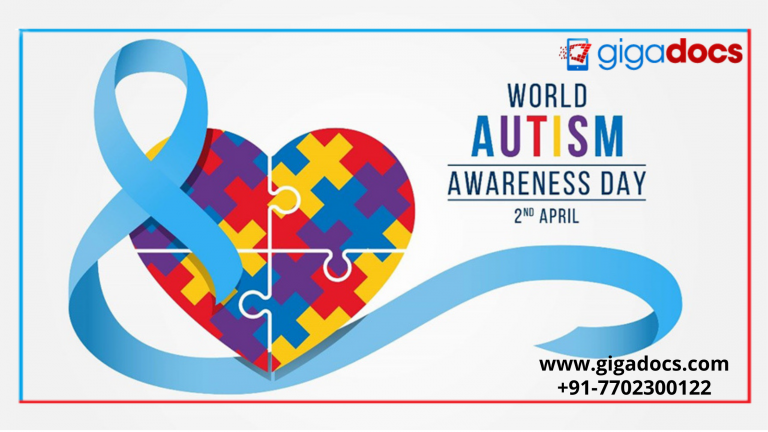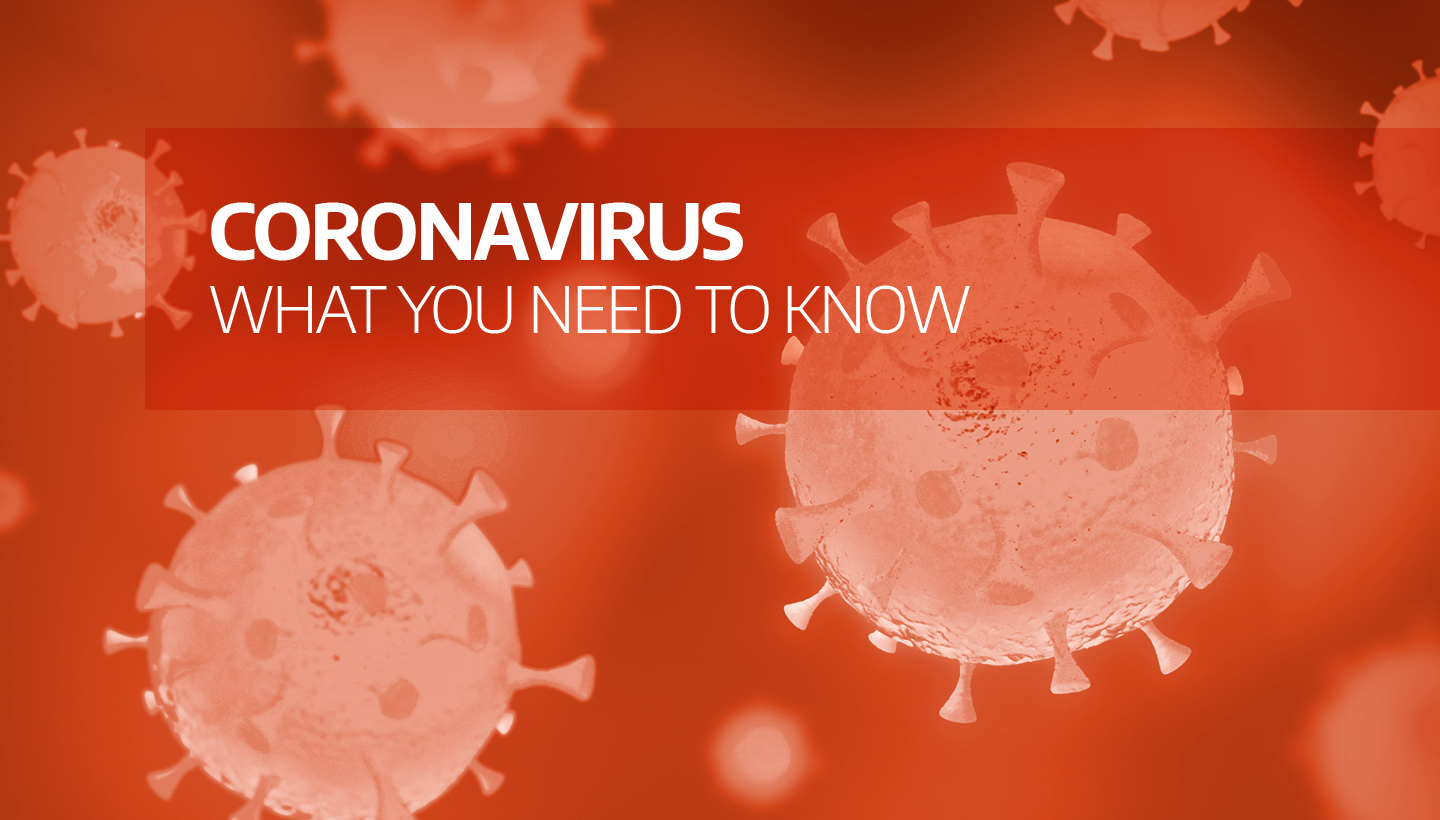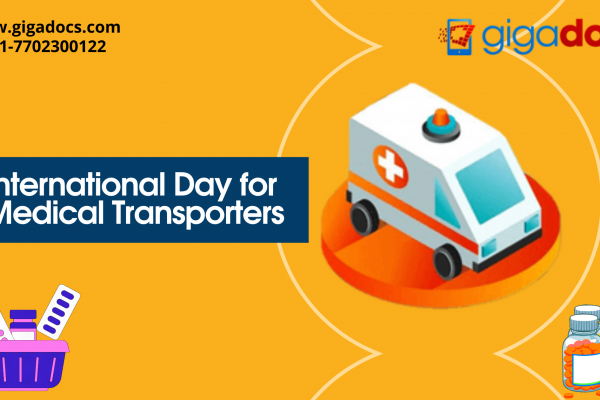Autism (Autism Spectrum Disorder or ASD) is a complex condition characterized by problems in behavior and communication. ASD patients find it difficult to understand other people’s thoughts and feelings, making communication difficult, whether through facial expressions, touch or words, or gestures.
| World Autism Day World Autism Month, which kicks off on April 2 with the UN-recognized World Autism Awareness Day. The day honors and raises awareness for people with autism’s rights. |
Symptoms of Autism
Symptoms of autism usually appear before a child turns three. At the same time, some children may show signs as soon as they are born. Symptoms that are common include:
- Inability to make eye contact
- A narrow set of interests to learn more about a particular subject.
- The use of a singsong, flat, or robotic voice tone.
- Having trouble adjusting to changes in routine.
- High sensitivity to sounds, touches, smells, or sights that are considered normal by others.
- Using repeated words or phrases, rocking back and forth, or repeatedly flipping.
- Difficult to understand speech, gestures, facial expressions, or voice tone.
- Unwillingness to be held or cuddled.
Different Types of Autism Spectrum Disorders
The conditions described as under were thought to be unrelated however they now fall under the spectrum of Autism Spectrum Disorders-
- Asperger’s Syndrome: Children with Asperger’s have no language problems and score in the average or above-average range on intelligence tests. They will, however, struggle with social issues and have a narrow range of interests, a symptom common to ASDs.
- Childhood Disintegrative Disorder (CDD): CDD usually develops among children aged three to four for at least two years before losing some or all of their communication and social skills.
- Pervasive Developmental Disorder (PDD): Also known as atypical autism, PDD can be noticed when your child exhibits some autistic behaviors, including delays in communication and social skills.
Causes of Autism
Autism’s exact cause is unknown. However, it could be due to issues with your brain components that process language and interpret sensory input.
Do you know? Autism is four times more common in boys than in girls affecting people of any race, ethnicity, or socioeconomic status. However, the family’s income, educational level, and lifestyle do not involve a child’s risk of autism. There are, however, some risks:
- A child with an older parent is more likely to develop autism.
- Pregnant women are more likely to give birth to autistic offspring if they are exposed to alcohol or anti-seizure medications during pregnancy. Metabolic disorders in mothers, like obesity and diabetes, are additional risk factors. So are untreated rubella and phenylketonuria.
Autism Treatment
Autism has no known cure. However, early intervention can significantly affect a child’s development. If you suspect your child has ASD, book an appointment with your doctor as soon as possible.
What is effective for one person may not be effective for another. Your doctor should create a treatment plan specifically for you and your child. There are two types of treatments.
- Behavioral and Communication Therapy- Structure and organization can be improved with behavioral and communication therapy. One of these treatments is applied behavior analysis (ABA), which encourages positivity while discouraging negative actions. Occupational therapy can assist with everyday tasks such as dressing, eating, and interacting with others. Sensory integration therapy may benefit someone who has issues with being touched, seeing, or hearing. Speech therapy helps people improve their communication skills.
- Medications: Treat ASD symptoms like hyperactivity, anxiety, and attention problems.
Autism and Dietary Food Habits
Consult your doctor before attempting something new, such as a special diet. On the other hand, special diets haven’t proven to help children with ASD. Children with autism, for example, frequently have thinner bones. Dairy products contain nutrients that can help strengthen their bones.
According to some evidence, certain vitamins and minerals may be deficient in people with autism. Supplements, on the other hand, maybe recommended to improve nutrition. Two of the most commonly used supplements for people with autism are vitamin B and magnesium. On the other hand, avoid Megavitamins; they can cause overdosing.
Constipation, stomach pain, nausea, and vomiting are noticed in some children with Autism, hence your doctor can recommend a diet that will not exacerbate these issues. Also, keep in mind that nutritional requirements change over time. Your child’s dietitian will assist you in ensuring that the foods they consume continue to meet their nutritional needs as they grow older.
Gigadocs Digital Consultation for Autism
Parents must regularly take their children to the doctor and consult a developmental pediatrician if they notice warning signs or red flags like hyperactivity, speech delay, poor eye contact, no finger-pointing, texture aversion, food aversion, toe walking, or repetitive solo play.
Book and consult the best developmental pediatricians for your child on the Gigadocs app. Gigadocs digital consultation potentially offers a way of improving the diagnostic pathway for ASD. Download the app from-
To assist you in the best way possible, download the Gigadocs App from
- IOS App – apple.co/2W2iG4V
- Android App – bit.ly/33AQoRC
To know more and schedule a Virtual Consultation demo, email at info@gigadocs.com




